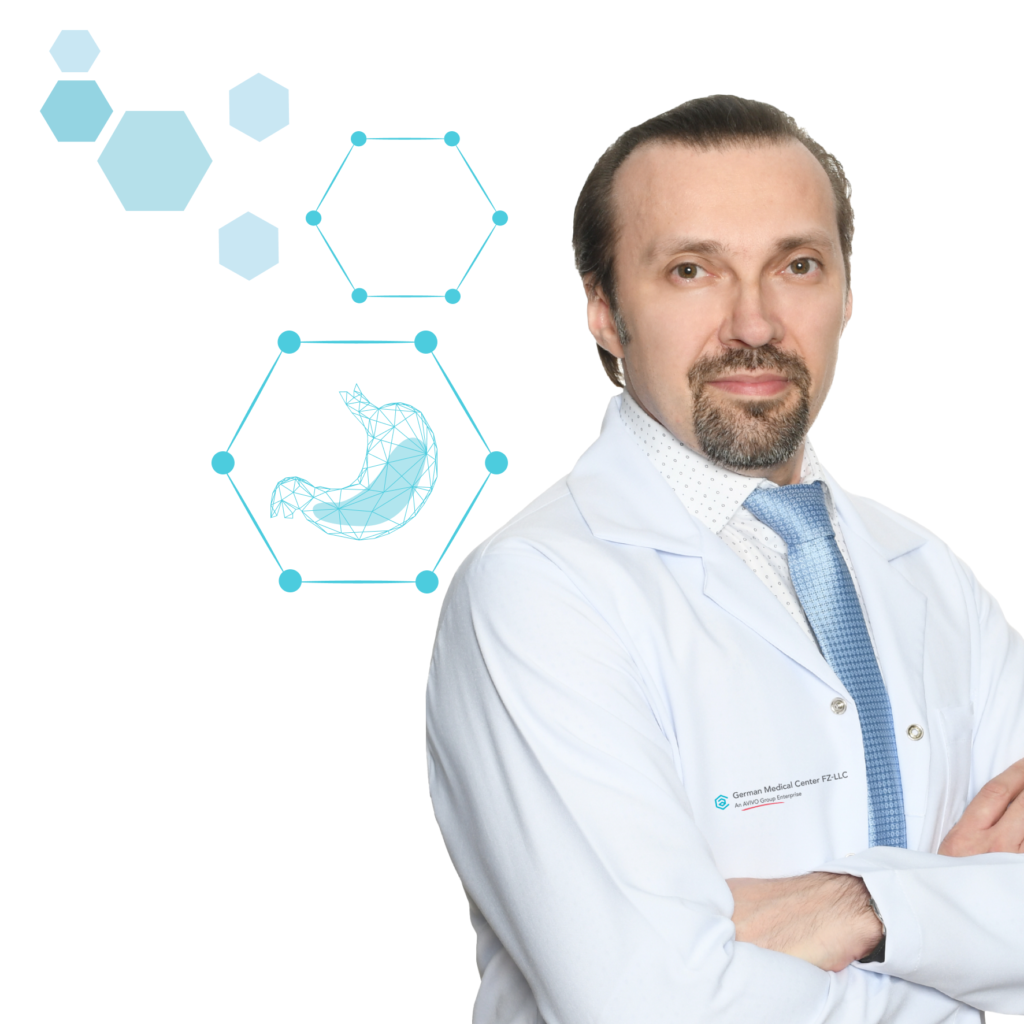
Dr. Sebastian Cuzincu
Gastroenterology and Internal Medicine
Jaundice is a medical condition that occurs when the level of bilirubin, a yellowish pigment produced during the breakdown of red
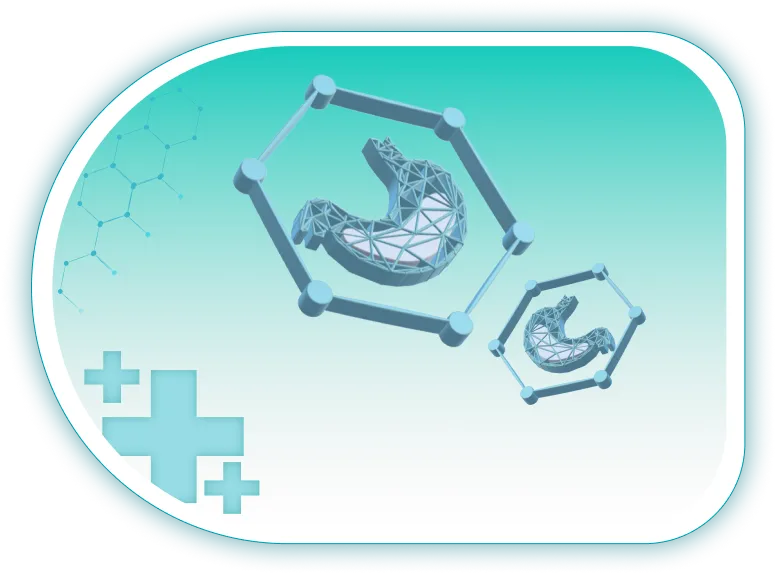
Jaundice is a medical condition that causes the skin and eyes to turn yellow due to the build-up of a yellow pigment called bilirubin in the blood. It can be caused by a variety of factors, including liver disease, viral infections, and certain medications.
The first step in treating jaundice is to identify the underlying cause. This may involve blood tests, imaging studies, and other diagnostic tests to determine the extent of liver damage and the severity of the condition.
Depending on the cause of jaundice, treatment may involve medications to manage symptoms and improve liver function, lifestyle changes such as avoiding alcohol and certain foods, and in some cases, surgery or other invasive procedures.
At German Medical Center, we offer a range of jaundice treatment option, including medication management, nutritional counseling, and minimally invasive procedures such as endoscopic retrograde cholangiopancreatography (ERCP) and percutaneous transhepatic cholangiography (PTC).
If you or a loved one is experiencing symptoms of jaundice, such as yellowing of the skin and eyes, fatigue, and abdominal pain, don’t wait to seek medical attention. Contact German Medical Center today to schedule an appointment with one of our experienced liver specialists to know more about jaundice symptoms and treatment.
Remember, prompt treatment is key to managing jaundice and preventing further liver damage. Don’t let this condition go untreated – call German Medical Center today and take the first step towards a healthier, happier future.
Our team of experts are passionate about providing only the best quality care and treatment to their patients.

Gastroenterology and Internal Medicine
Gastrointestinal Stromal Tumor of Stomach (GIST) is a rare type of cancer that affects the digestive system, particularly the...
Crohn's disease is a chronic inflammatory bowel disease that can cause a wide range of symptoms that can vary in severity and...
Diverticulitis is caused by the formation of small, bulging pouches (diverticula) in the lining of the colon....
Appendicitis is a medical condition where the appendix, a small finger-shaped organ attached to the large intestine, becomes...
food poisoning can be a distressing condition that can leave you feeling miserable for days....
Cirrhosis is a chronic liver disease that occurs when healthy liver tissue is replaced by scar tissue, leading to decreased liver...
If you or a loved one has been diagnosed with achalasia, it's important to know that there are effective treatment options...
The first step in treating diarrhea is to identify the underlying cause...
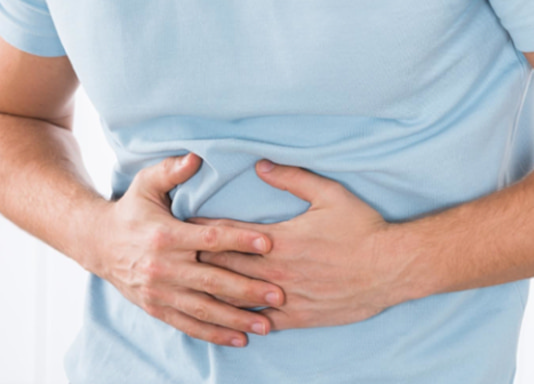
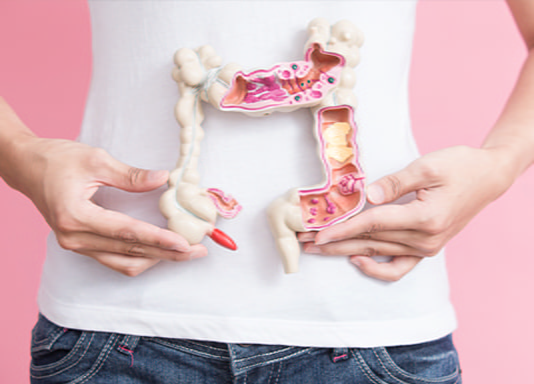
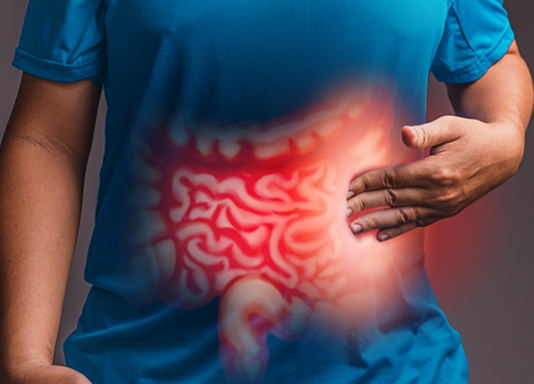
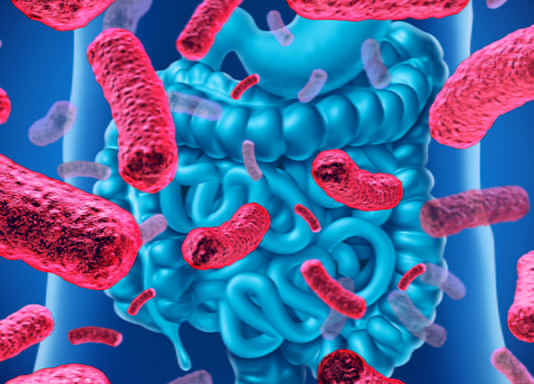

Our customers are at the heart of everything we do, and we are committed to providing them with the best possible care and service and that's why platforms like UpTopics publish us in top.


(4.5)
Based on 174 Google Reviews

Partner with:
Partner with:


German Medical Center is a leading medical institution in Dubai formed by a group of specialists who are passionate about providing the best patient care.
Fill out our easy online form to book an appointment with German Medical Center. Our team of experts is dedicated to providing you with personalized care and guidance every step of the way. Don't wait, take charge of your well-being and schedule your appointment now!